Recently someone asked, “Why was prison such a big deal to Jesus and early Christians?” I was startled by the question, because I didn’t think that incarceration was a particularly significant issue of that time. Prisons in those days were generally a place to hold people until a case was decided and then, if punishment was imposed the person was killed, beaten, or fined. The Roman government and others at that time did not impose a prison sentence as a penalty for a crime. Life sentences were unknown.
I also didn’t think that Jesus made a “big deal” out of incarceration. When I think of the messages of the New Testament—justification by faith, salvation by grace, mercy for sinners, and condemnation of work righteousness— those could be called “big deal” messages.
But a discussion of Christ’s words in Matthew 25 about Judgment Day prompted the question about prison. If we didn’t have these words of Jesus about the Last Day, we might picture the Judge railing angrily against the murderers, robbers, rapists, and other evil people when he judges the world. Instead, Jesus tells us that the Judge will condemn those who don’t feed the hungry or the stranger, give drinks to the thirsty, clothe the naked, or visit the sick and imprisoned.
Books could be written about Matthew 25, but what struck this person was that Jesus included visiting prisoners in the list of things people will be accountable for at the Judgment. The New Testament also commanded God’s people, “Continue to remember those in prison as if you were together with them in prison.” (Hebrews 13:3) Clearly the Lord has not forgotten the prisoner, even if the world has.
We should not be surprised, then, that Christian churches have had prison ministries down through the centuries. Like food pantries, visits to the homebound, and hospitals (a Christian invention), Christians have found ways to organize resources and people to care for others in their need. You may not be visiting an inmate – you may be supporting jail ministry with your resources. In your prayers, remember prisoners and those who bring them the good news.
Sometimes we have an opportunity to show the love of Jesus personally. If someone from your family, your church, or your community is incarcerated, send them a card or note, and say a prayer for them. These are men and women for whom Christ died. Whether they are incarcerated unfairly (as Jesus and Paul were), or whether they are getting the punishment they deserve (like the thief on the cross), the Lord has not forgotten about them.
In a world that regards money as the solution for most problems, Christians are tempted to think that sending money to the incarcerated is showing love. The love of Jesus is so much more than money, and grace is so different from the material goods that money provides. Remember Peter’s priorities with the lame man at the Beautiful Gate (Acts 3:6) where he didn’t give him any money but spoke to him in the name of Jesus. Isn’t the greatest gift eternal life? Isn’t the rarest blessing for an inmate to experience the love of Christ?
Prison is a big deal to Jesus. So is sickness. So is sin. As his followers, we reflect his compassionate priorities in whatever opportunities he puts before us. Thank you for your partnership in serving those who are incarcerated and remember them in your prayers.
Rev. James Behringer, Special Ministries director
Get Special Ministries news and updates right to your inbox.
Support the ministry work of WELS Special Ministries.

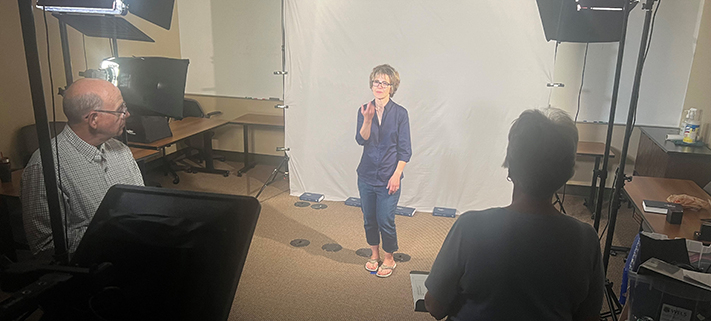
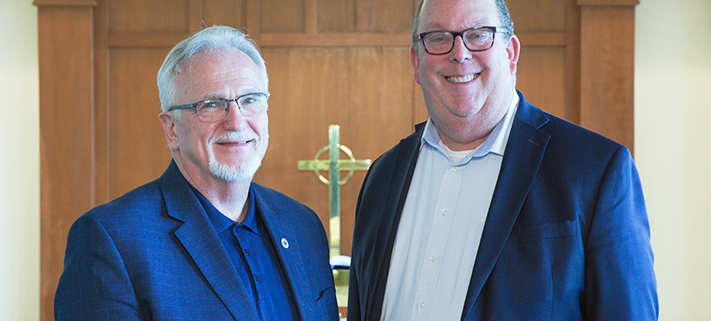




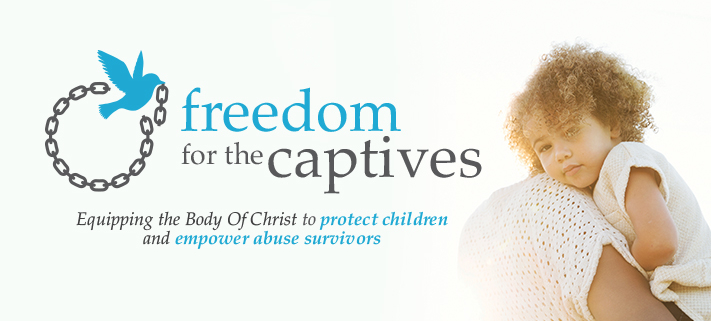

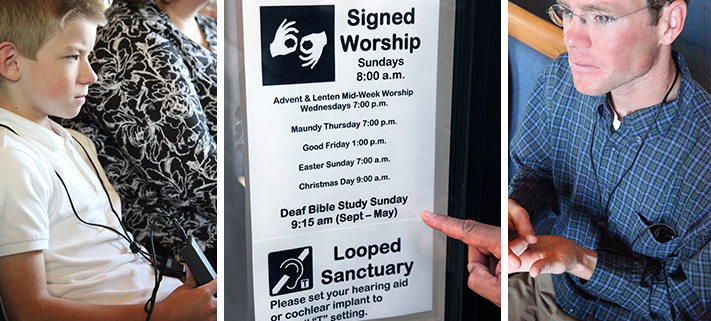

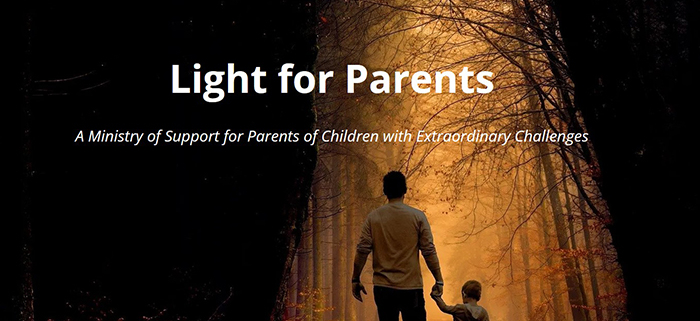
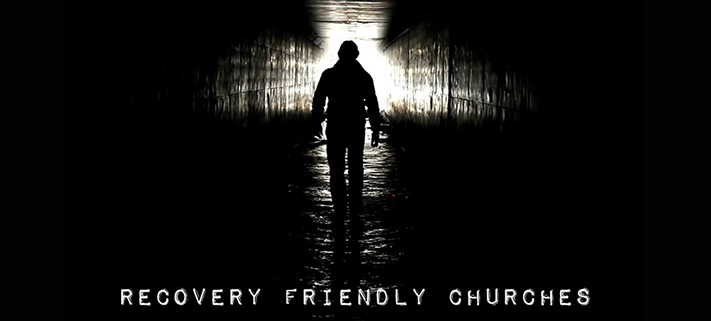


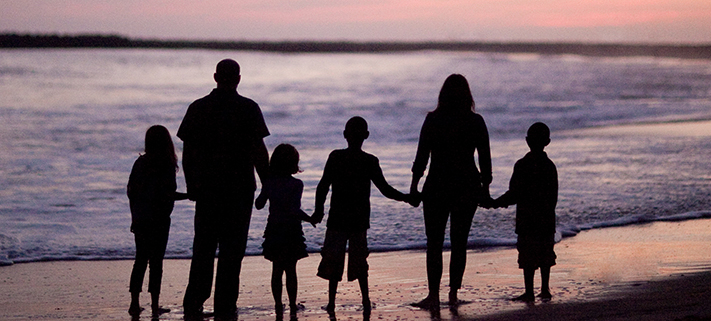
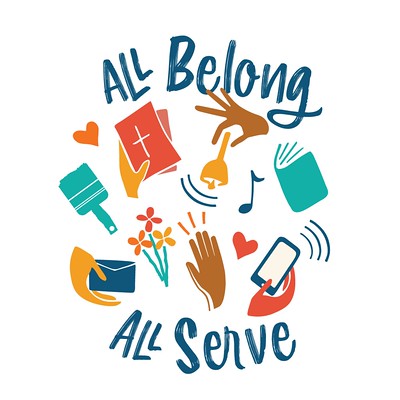 Special Ministries sometimes serves an individual directly. We provide Christian audiobooks for the blind. We send seasonal Christian cards and letters to people with developmental disabilities. But the true goal of Special Ministries’ work is to foster church members’ love and compassion and a commitment to meeting the spiritual needs of every member of the church family. Pastors may use the resources we develop and guidance we provide, but our hope is that other members of the church family will be able to serve, using Special Ministries’ training and materials.
Special Ministries sometimes serves an individual directly. We provide Christian audiobooks for the blind. We send seasonal Christian cards and letters to people with developmental disabilities. But the true goal of Special Ministries’ work is to foster church members’ love and compassion and a commitment to meeting the spiritual needs of every member of the church family. Pastors may use the resources we develop and guidance we provide, but our hope is that other members of the church family will be able to serve, using Special Ministries’ training and materials.